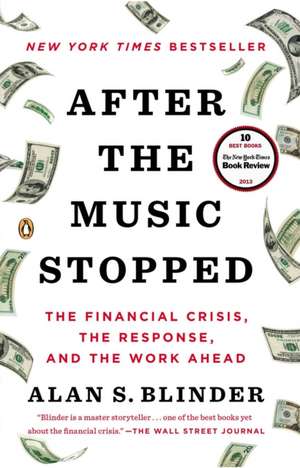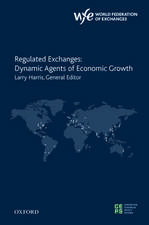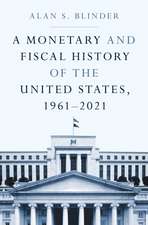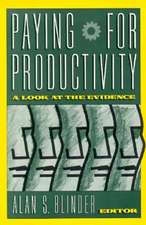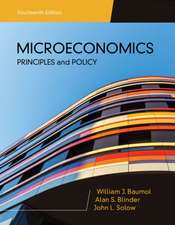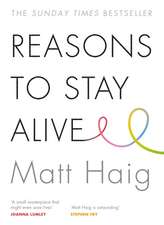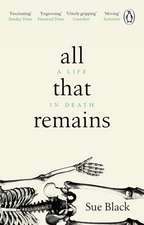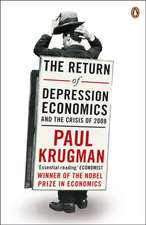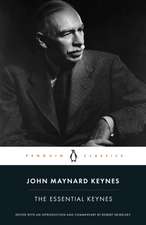After the Music Stopped: The Financial Crisis, the Response, and the Work Ahead
Autor Alan S. Blinderen Limba Engleză Paperback – 27 apr 2016
One of our wisest and most clear-eyed economic thinkers offers a masterful narrative of the crisis and its lessons.
Many fine books on the financial crisis were first drafts of history-books written to fill the need for immediate understanding. Alan S. Blinder, esteemed Princeton professor, Wall Street Journal columnist, and former vice chairman of the Federal Reserve Board, held off, taking the time to understand the crisis and to think his way through to a truly comprehensive and coherent narrative of how the worst economic crisis in postwar American history happened, what the government did to fight it, and what we can do from here-mired as we still are in its wreckage.
With bracing clarity, Blinder shows us how the U.S. financial system, which had grown far too complex for its own good-and too unregulated for the public good-experienced a perfect storm beginning in 2007. Things started unraveling when the much-chronicled housing bubble burst, but the ensuing implosion of what Blinder calls the "bond bubble" was larger and more devastating. Some people think of the financial industry as a sideshow with little relevance to the real economy-where the jobs, factories, and shops are. But finance is more like the circulatory system of the economic body: if the blood stops flowing, the body goes into cardiac arrest. When America's financial structure crumbled, the damage proved to be not only deep, but wide. It took the crisis for the world to discover, to its horror, just how truly interconnected-and fragile-the global financial system is. Some observers argue that large global forces were the major culprits of the crisis. Blinder disagrees, arguing that the problem started in the U.S. and was pushed abroad, as complex, opaque, and overrated investment products were exported to a hungry world, which was nearly poisoned by them.
The second part of the story explains how American and international government intervention kept us from a total meltdown. Many of the U.S. government's actions, particularly the Fed's, were previously unimaginable. And to an amazing-and certainly misunderstood-extent, they worked. The worst did not happen. Blinder offers clear-eyed answers to the questions still before us, even if some of the choices ahead are as divisive as they are unavoidable. After the Music Stopped is an essential history that we cannot afford to forget, because one thing history teaches is that it will happen again.
Preț: 71.74 lei
Nou
13.73€ • 14.32$ • 11.41£
Carte disponibilă
Livrare economică 27 februarie-13 martie
Livrare express 12-18 februarie pentru 26.79 lei
Specificații
ISBN-10: 014312448X
Pagini: 528
Ilustrații: b/w charts and graphs throughout
Dimensiuni: 141 x 215 x 28 mm
Greutate: 0.41 kg
Editura: Penguin Books
Colecția Penguin
Locul publicării:London, United Kingdom
Descriere
Named one of the Ten Best Books of 2013 by Michiko Kakutani and the "New York Times Book Review" Blinder is a master storyteller . . . one of the best books yet about the financial crisis. "The Wall Street Journal" Alan S. Blinder esteemed Princeton professor, "Wall Street Journal" columnist, and former vice chairman of the Federal Reserve Board under Alan Greenspan is one of our wisest and most clear-eyed economic thinkers. In "After the Music Stopped," he delivers a masterful narrative of how the worst economic crisis in postwar American history happened, what the government did to fight it, and what we must do to recover from it. With bracing clarity, Blinder chronicles the perfect storm of events beginning in 2007, from the bursting of the housing bubble to the implosion of the bond bubble, and how events in the U.S. spread throughout the interconnected global economy. Truly comprehensive and eminently readable, "After the Music Stopped" is the essential book about the financial crisis."
